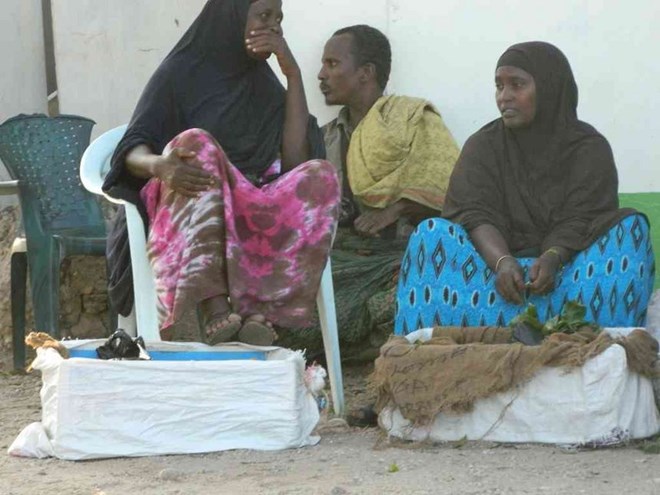
Friday July 13, 2018

village in Mandera county has banned the sale and chewing of miraa.
Elders, religious leaders, youth and women’s groups of Khalija village, Mandera North constituency, reached the unanimous decision on Wednesday. Khalija has a population of about 5,000.
Residents said the stimulant is a waste of money, and a key contributor to broken families. Hard-earned cash meant for the family budget is diverted to the stimulant, they said.
“No miraa chewer will be allowed to marry a woman from this area. Any woman married to a miraa seller shall not be allowed to return home in the event that there is a dispute. People who defy this will be fined,” village committee member Abdi Farah said.
He said many students have dropped out of school and others perform poorly because they spend most of their time chewing miraa.
“We did some soul-searching as a community. After months of deliberations, we decided to ban the stimulant. We expect to see improvement in schools and better relationships in families,” Farah said.
Saadia Mohamed said residents fully support the decision. She said the community has suffered a lot because of the sale and use of miraa.
“Ask any woman in Khalija and she will tell you the ban is good news. Women bore the brunt,” Saadia said.
Sheikh Abdullahi Salat from Garissa commended the village. He urged other areas in Northeastern to emulate Khalija. However, some miraa chewers are not happy. They said the ban violates their rights.
Mohamed Ali said the decision is not backed by law and he will challenge it through legal channels.
Miraa, also known as khat, is a red-stemmed, green-leafed plant loved in many in parts of Kenya, especially those inhabited by people of Somali origin.
In Mandera town, miraa trade is a flourishing business.
Miraa worth millions of shillings is sold everyday nationwide, but residents of Northeastern are the biggest consumers.
In 2014 the United Kingdom, which was one of the biggest miraa markets, declared the stimulant a class C drug and banned all imports.